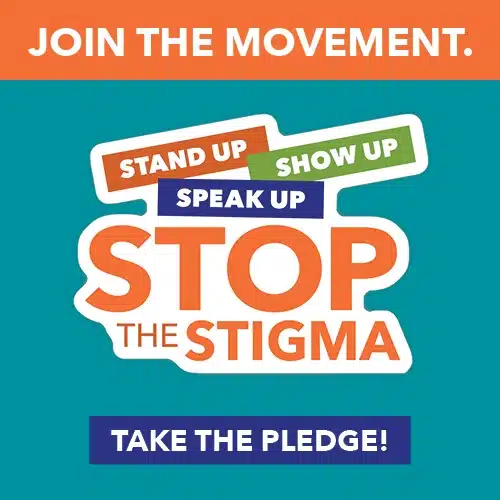The relationship between mental health disorders and substance use is complex and often intertwined. When individuals experience both a mental health disorder and substance use disorder (SUD) simultaneously, it’s referred to as a co-occurring disorder or dual diagnosis. Research shows that these conditions frequently coexist and can exacerbate each other, creating a cycle that makes treatment challenging. Understanding the link between these disorders and addressing both issues together is crucial for recovery and improved quality of life.
Why Mental Health and Substance Use Often Co-Occur
Several factors contribute to the high rates of co-occurring disorders. These include:
- Self-Medication: Some individuals use substances as a way to cope with the symptoms of mental health issues like anxiety, depression, or PTSD. This is known as self-medication. For example, someone with social anxiety might drink alcohol to feel more comfortable in social situations. Over time, however, this can lead to dependency and worsen mental health symptoms.
- Shared Risk Factors: Genetics, brain chemistry, and environmental factors like trauma or stress increase the risk of both mental health disorders and substance use disorders. Studies have shown that genetic predispositions can contribute to both issues, and adverse childhood experiences (ACEs) often elevate the risk of developing both SUD and mental health disorders.
- Impact of Substance Use on Mental Health: Substance use can significantly impact brain function and can worsen or trigger mental health symptoms. For example, prolonged alcohol or drug use can lead to changes in mood, behavior, and cognition, increasing the risk of developing mental health issues.
Common Co-Occurring Disorders
Co-occurring disorders can vary widely depending on the individual and the substances involved. Here are some common combinations:
- Depression and Alcohol Use Disorder: Depression often coexists with alcohol misuse. Those struggling with depressive symptoms may turn to alcohol to numb their emotions, which can lead to dependency and further isolation. Alcohol, a depressant, can also worsen depressive symptoms.
- Anxiety Disorders and Marijuana Use: Some individuals with anxiety may use marijuana in an attempt to reduce their symptoms. However, marijuana can increase anxiety levels over time and may lead to dependency.
- PTSD and Opioid Use Disorder: Post-traumatic stress disorder (PTSD) is commonly linked with opioid misuse, especially among individuals who have experienced severe trauma. Opioids can provide temporary relief from emotional pain, but this leads to dependency and a cycle of trauma and substance misuse.
The Cycle of Co-Occurring Disorders
The connection between mental health disorders and substance use is often cyclical. Mental health symptoms can lead to substance use as a form of coping, while the effects of substance use can intensify or trigger mental health symptoms. For instance:
- A person with anxiety may start using alcohol to alleviate their symptoms. Over time, their tolerance builds, leading them to drink more frequently. As they become dependent on alcohol, their anxiety symptoms may worsen, creating a loop that’s difficult to break.
- A person with depression may start using stimulants like cocaine to boost their mood. While they may feel temporary relief, the comedown from stimulants can worsen depressive symptoms, leading to more frequent use and deeper dependency.
Steps Toward Recovery
If you or someone you know is dealing with co-occurring disorders, here are steps that can help move towards recovery:
- Seek Help: Reach out to a mental health or addiction professionals trained in co-occurring disorders.
- Avoid Self-Medication: Avoid using substances as a way to cope with mental health symptoms, as this can make both conditions worse.
- Create a Support System: Building a strong support network can provide the encouragement needed to stay on track.
- Set Small Goals: Recovery is a journey. Setting small, achievable goals can make the process feel more manageable.
While the connection between mental health and substance use is profound and complicated, recognizing the signs of co-occurring disorders and seeking treatment that addresses both issues simultaneously is key to breaking the cycle. By addressing these disorders together, individuals can work towards a healthier, more stable life, ultimately fostering resilience and reducing the risk of relapse.
If you or a loved one is struggling to cope with their mental health, help is available. To learn more about Oaks Integrated Care’s services throughout New Jersey, call our Access Center at 1-800-963-3377.










